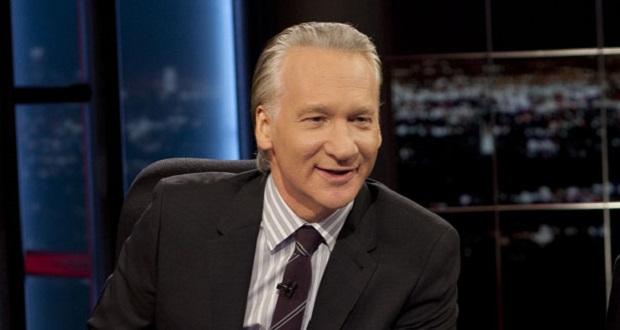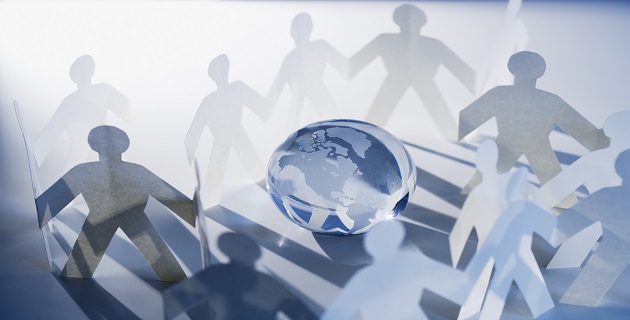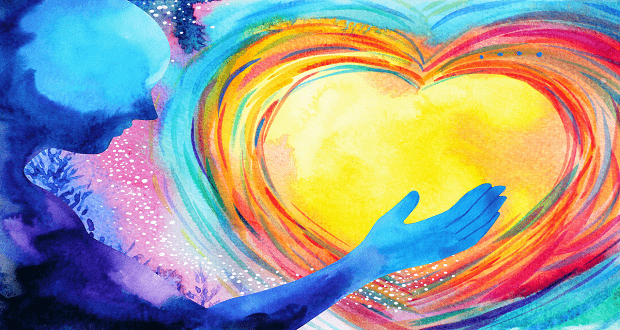
I was pretty tuned out from social media last week and weekend. The way my ‘whole-self’ is set up, taking a break from social media and removing myself from the constant bombardment of American politics, racism, and problematic norms are crucial to my own self-care.
So, on Monday, when one of our team members shared a video of tv personality and comedian, Bill Maher, verbally referring to himself as a “house ‘n*gg**’” in an interview with Nebraska Senator Ben Sasse, I was so shocked…so disappointed…so disgusted.
Just in case you missed it, or didn’t catch the interview, it went a little something like this:
Bill: I need to come to Nebraska more
Sen. Sasse: You’re welcome. We’d love to have you work in the fields with us.
Bill: Work in the fields? Senator, I’m a house n—gg-
**mixed audience reactions—laughs, groans, claps**
I. could. not.
Question to self: What mental steps does one take to conclude that saying something like that would be funny or acceptable?
Even after reading Bill’s apology and HBO’s statement, I still found it disconcerting that someone who considers himself an ally would be comfortable trivializing the pain and trauma of an experience he is in no way connected to, but rather, has benefited from.
There’s nothing funny about slavery. You can’t “make light” of the systematic rape of enslaved Black women. It’s hard to see the humor in the disenfranchisement of human beings. It is very difficult to assume the positive intent in any discourse that minimizes the lasting effects of, and trauma associated with slavery, racism, and colorism.
One of my favorite activists and commentators, Angela Rye, took to twitter to give us some historical context into the term, ‘house ni—er:’
1/ A #housenigger is a painful reminder of the atrocities that happened on plantations…
— a. rye✊🏾 (@angela_rye) June 3, 2017
2/ a #housenigger: a reminder that massa could have his way with slaves without regard for permission because we were deemed property
— a. rye✊🏾 (@angela_rye) June 3, 2017
3/ In some ways, #housenigger is the beginning of color complexity that has dominated and distracted our community for too long
— a. rye✊🏾 (@angela_rye) June 3, 2017
4/a #housenigger is an example of someone “massa” or his wife found acceptable ENOUGH to be in their home,
— a. rye✊🏾 (@angela_rye) June 3, 2017
5/a #housenigger is not a joke. It is not a laughing matter. It is not okay to make light of our trauma in this country.
— a. rye✊🏾 (@angela_rye) June 3, 2017
Thanks, Angela.
Now, oddly (but not surprisingly) enough, there has been a vocal cohort of ‘progressive,’ and Black leaders and entertainers who have come to Bill’s defense. In short, some of the arguments I have heard in Bill’s favor could be paraphrased as: “He is an ally. He didn’t mean harm;” “There aren’t many allies like him, we have to give him another chance;” “We don’t want to lose an ally.” In full transparency, I struggle with these sentiments.
Because I understand the critical role of allies in racial, social justice, I am more inclined to hold allies (and the behaviors we associate with being an ally) to a high standard. Certainly, no one is perfect, but I do think there are some pre-requisites that should be “deal breakers.” Using derogatory language that has been historically used to denigrate the group you are an ally for, would probably be one of those deal breakers. Nonetheless, it feels like we are so “strapped” for allies, that we’re willing to acquiesce or accommodate unacceptable, problematic behavior. It sounds a little like we’re at a point where “we’ll take what we can get;” because “something is better than nothing.” I struggle with those sentiments too.
I don’t know what I want to happen to Bill Maher. I do think that if he weren’t white and a man, he’d probably be out of a job. It is so hard to reconcile the reality that someone like Colin Kaepernick can be “blacklisted” for standing up for what he believes in, while Bill can remain gainfully employed after insulting a critical mass of people. This is why I take breaks from social media.
Nonetheless, I think this situation presents a timely opportunity for us to reevaluate how we define and label allyship in our circles. What is acceptable and what is unacceptable? What are those “deal breakers?” To what extent have we positioned notable “allies” beyond reproach? Does this support or impede our efforts and strides? Should we really be concerned with “losing” allies? Can one even “lose” an ally?
I don’t know the answer to these questions, but I do believe their worth asking.


















